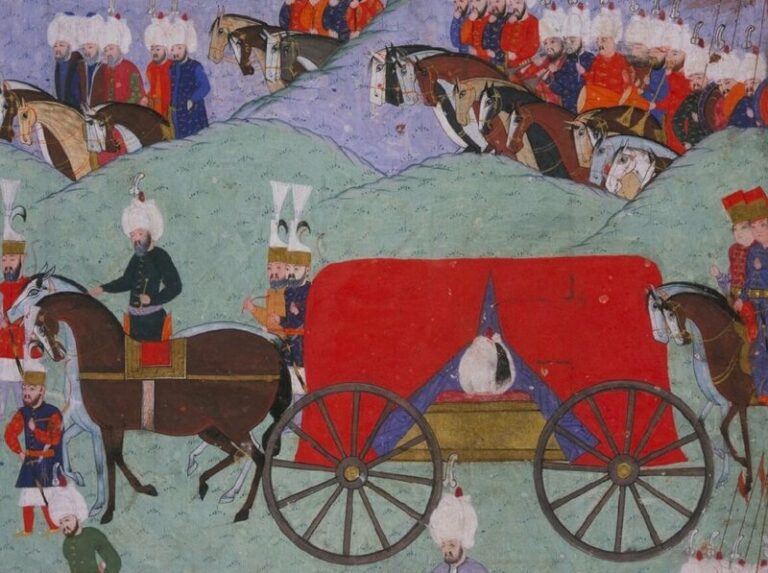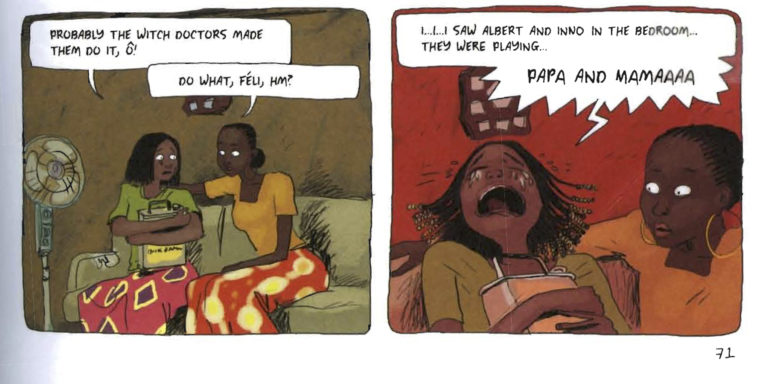Encouraged by state requirements for prepackaging, Black and Latinx producers and distributors of legal cannabis in California have developed novel, symbolically and socially significant forms of marketing. Black and Latinx cannabis industries have developed their own “commodity aesthetics,” using product packaging, live events, and social media to entice buyers with a combination of beautiful sights, smells, textures, signs, and symbols that represent the contradictions of working-class Black and Latinx life in contemporary California. Black and Latinx cannabis popular cultures combine images of freedom and transcendence with depictions of the low wage jobs that many Black and Latinx people work. This is because, rather than an impediment to work, cannabis consumption is a kind of support for or accessory to labor. Many consumers use cannabis to dull the tedium and pain of labor and to sustain them throughout the workday. This essay provides a critical overview of Black and Latinx cannabis marketing in California, and its targeting of working-class consumers of color. While I discuss several examples, my central case study is the successful Black and Latinx cannabis distributor Teds Budz. I draw on interviews, ethnographies of live cannabis events, and visual studies of cannabis packages and social media, arguing that seemingly “escapist” qualities in cannabis culture critically foreground the material limits of the world from which Black and Latinx workers are trying to escape. Cannabis commodity aesthetics, I conclude, promise people of color an exit from the drudgery of work that can also tighten their ties to low wage jobs.
Keyword: Black
Opposing A Spectacle of Blackness: Arap Baci, Baci Kalfa, Dadi, and the Invention of African Presence in Turkey
The imaging of Africans in Turkey is indicative of the extant register of cultural understanding in the Turkish popular imagination regarding the imaginability, knowability, and understandability of Black form represented. In Turkish popular culture, the figures of the arap baci, baci kalfa, and dadi index this register. This essay takes the representation of Africans on Turkish popular television through the combined usage of blackface-like and drag-like techniques to configure the figures of the arap baci, baci kalfa, and dadi and juxtaposes it against the material ways Turks of African descent have found to figure themselves within the public sphere. This juxtaposition demonstrates how Blackness and Black form are not perennial processes but rather constructed measures that come into relief.
Minor Miracles: Toward A Theory of Novelty in Aya of Yopougon
This essay undertakes a reparative reading of Aya of Yopougon, a multivolume graphic novel by Marguerite Abouet and Clément Oubrerie. Setting Aya alongside other African comics and prevailing interpretations of African and Diasporic literatures, this interpretation coins the term “novelty” to describe the unique mode of representing subjects, space, and time in the text. This “novelty” situates Aya at the intersection of tendencies in African, European, and North American comics art, and it juxtaposes subtle renditions of everyday life with overdetermined representations of African societies and Africans in Diaspora. The essay also articulates the relevance of novelty for feminist, queer, and postcolonial theories, comics scholarship, and Diaspora Studies.
Invisible People (A Radio Opera)
Invisible People (A Radio Opera) is a series of site-specific performance-compositions confronting queer black identity.


